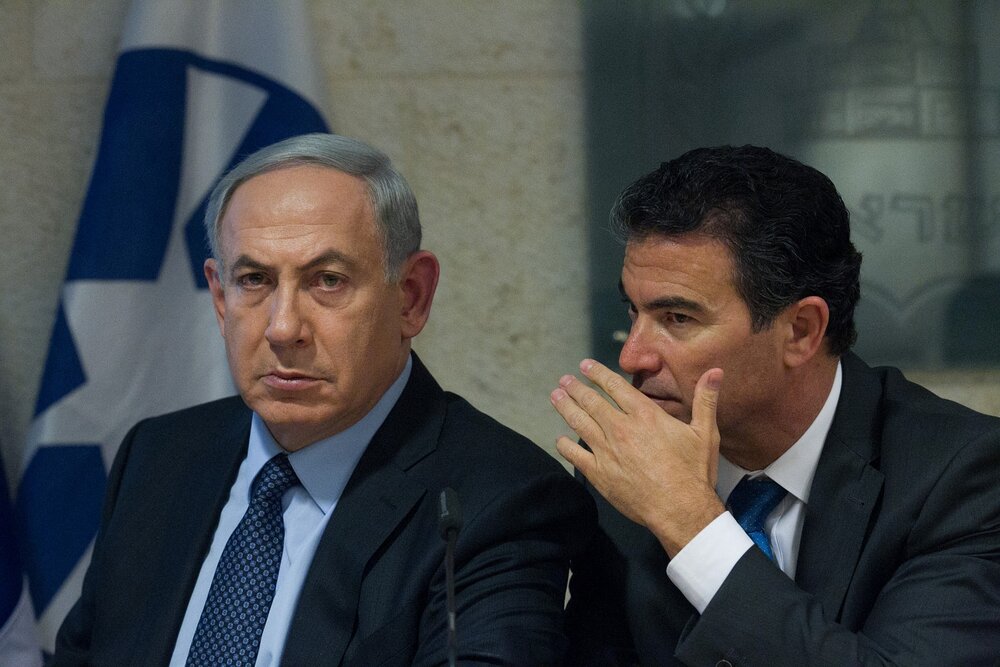Mossad admits assassinating Fakhrizadeh, sabotage at Natanz

TEHRAN — The outgoing head of Israel's Mossad spy agency has given the most direct acknowledgement that the Tel Aviv regime was behind the recent sabotage attacks on Iran's nuclear enrichment facility at Natanz and assassinating nuclear scientist Mohsen Fakhrizadeh.
Yossi Cohen's statements to Israel's Channel 12 investigative program "Uvda" aired on Thursday night provided an extraordinary debriefing by the head of the traditionally secretive agency in what appears to be Prime Minister Benjamin Netanyahu's final days in office.
It also sent a clear message to other nuclear experts in Iran's nuclear program that they, too, might become targets for assassination, even as diplomats in Vienna are negotiating hard to rescue the 2015 nuclear agreement, officially called the Joint Comprehensive Plan of Action (JCPOA).
Cohen did not outright claim responsibility for the strikes, but his specificity was the closest confirmation yet of Israeli involvement. The interviewer, journalist Ilan Dayan, also appeared to provide a comprehensive explanation of how Israel sneaked the bombs into the Natanz nuclear site's underground passageways, which Cohen did not contest.
When asked about sabotage in the Natanz facility, the interviewer asked Cohen where he'd take them if they could go there, and he said, "to the cellar," where "the centrifuges used to spin."
“It doesn’t look like it used to look,” he added.
As a signatory to the nuclear Non-Proliferation Treaty (NPT), Iran has been insisting that its nuclear program is peaceful. Before Iran’s recent measures to limit cooperation with the International Atomic Energy Agency (IAEA) in retaliation for the violation of the JCPOA by the U.S. and imposition of sanctions, the UN nuclear watchdog issue a report that Iran’s nuclear activities were subject to the most intensive inspections in the history of the UN body.
While Cohen did not claim assassination on record, Dayan describes Cohen as having "personally signed off on the entire effort" in the program.
Iran has repeatedly expressed its disdain with Israel's attacks, with Iran's ambassador to the IAEA, Kazem Gharibabadi, warning on Thursday that the incidents "not only will be responded decisively, but will also certainly leave no option for Iran but to reconsider its transparency measures and cooperation policy."
Yossi Cohen's interview comes amid U.S. disruption in the Vienna talks as Biden's administration is insisting on keeping Iran's nuclear science at its bare minimum, since they consider Iran's nuclear science as a gamechanger.
During the Vienna talks, the U.S. has demanded that Iran “destroy” the advanced centrifuges it started to spin at the Fordow and Natanz facilities one year after the U.S. withdrawal from the JCPOA. These centrifuges, known as the IR9, are 50 times more powerful at producing uranium than the ones covered by the JCPOA, according to Reuters.
Iran has flatly rejected the U.S. demand just as Washington is refusing to lift all the sanctions imposed, re-imposed, or relabeled by the Trump administration against Iran.
The incumbent U.S. administration seems to follow Israel’s hawkish policies toward Iran, distancing itself from the slogans made earlier to revive the nuclear deal.
Ex-Mossad chief's acknowledgement coupled with the stubbornness of the U.S. on its irrational demands may prove that United States is an accomplice in Israel's assassination of Fakhrizadeh.
SA/PA
